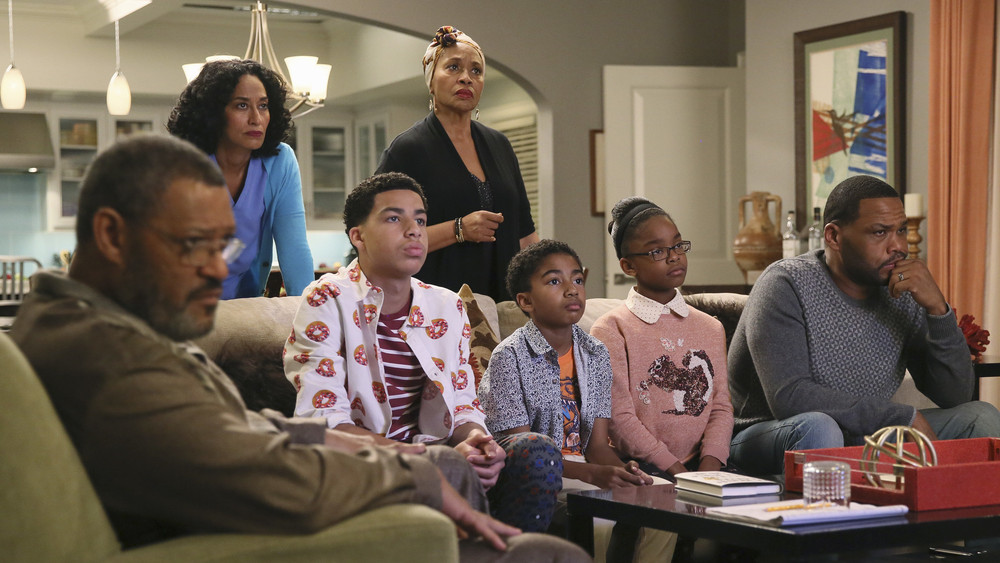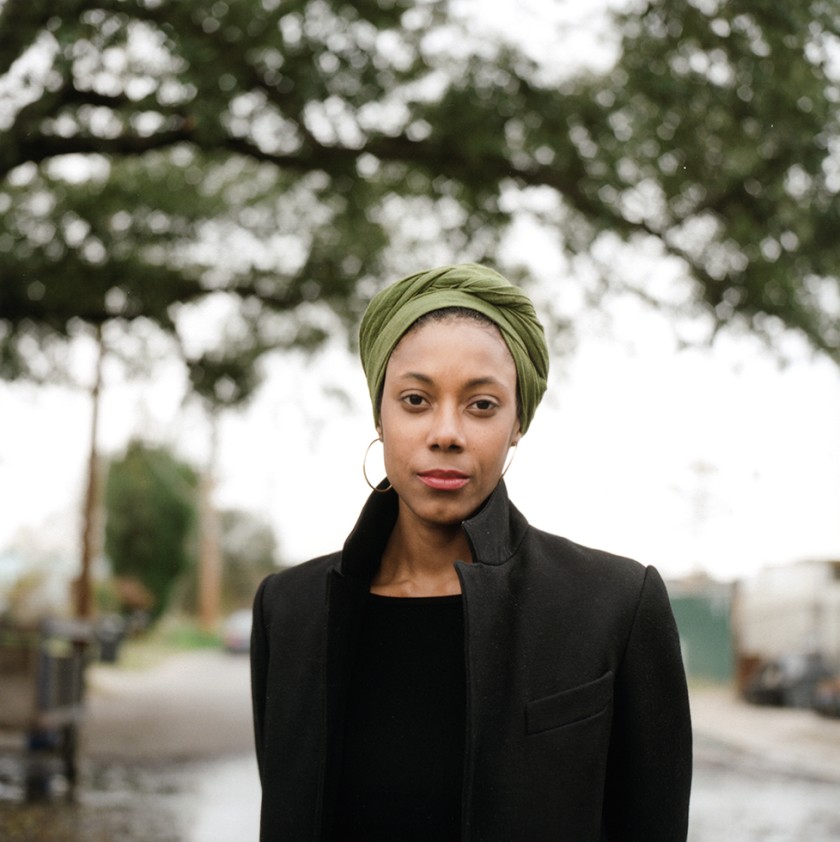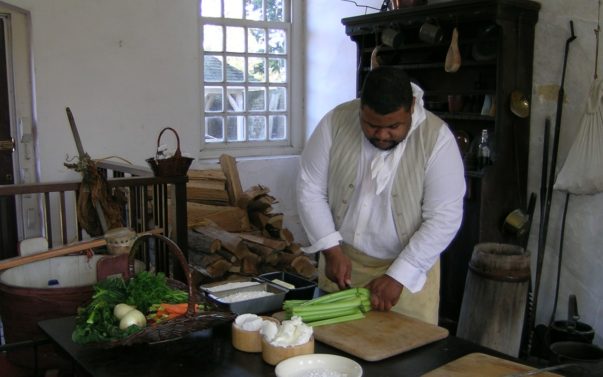In its second season, ABC’s “Black-ish” has hit its stride. Now comes the best evidence of its ability to create a television classic: the February 24 episode called “Hope.”
The story, and the series, centers on the upper middle-class Johnsons. For this installment, the parents disagree on how to talk to their four children about police brutality.
The episode is confined entirely within the Johnsons’ living room/kitchen as the broadcast news of no indictment of the police officer spills in—a cinematic choice that ratchets tension. Viewers must pick a side: Agree with Dre Johnson (played well by Anthony Anderson), the realist who wants to arm his children with the truth, which will extinguish their innocence? Or side with Dr. Rainbow Johnson (vividly embodied by actress Tracee Ellis Ross), whose belief in the justice system is shaken, but not broken?
The elders (played by Lawrence Fishburne and Jenifer Lewis) lend comic relief as well as survival strategies. “If you’re going to talk to the cops, there’s only seven words you need to know,” Grandma Ruby warns the children. “‘Yes, sir,’ ‘No, sir,’ ‘Thank you, sir.'”
From start to finish, the episode is timely and urgent—using Ta-Nehisi Coates‘ “Between the World and Me” to enter the discussion, with nods to James Baldwin, Sandra Bland, and Freddie Grey along the way. As a black parent, I found the hour-long program heartbreakingly familiar—and pitch-perfect in the melding of levity and reality.
It’s hard to remember a mainstream network show taking such risks. “Modern Family” may be the highly rated lead-in, but it rarely references race or ethnicity, except to wring a stereotype or two for humor—usually at the expense of Sofia Vegara’s character, the Colombian trophy wife.
NBC’s The Carmichael Show, starring comedians Jerrod Carmichael and David Alan Grier, featured a protest episode last summer, with the writers focusing mostly on the absurdity of rioting and racism. “There was a DJ down there,” said matriarch Cynthia, who is played by Loretta Devine. “You don’t play music on a laptop at a protest. You sing! Everybody knows that!”
Black-ish creator and showrunner Kenya Barris pitched the show numerous times before it found a home at ABC. The difference this time, he said, is that he fought to keep his voice honest, to explore stories that were explicitly about black family life.
“I’m a huge fan of Norman Lear’s work, and I’ll talk to him in a sort of a mentoring kind of way,” Barris told Vice. “I still think of this thing that he said: ‘It’s hard enough to do ‘my boss is coming over and my wife burnt the pot roast’ anyway. That’s hard comedy to do in itself. But then when you take out the mundane ideas and put in something like, ‘Oh yeah, somebody got shot by a cop!’ in that mix it starts to become . . . whew, something else.”
“Hope” felt like a successor to Lear’s cutting edge sitcoms, infused with the 21st-century flavor of Black Lives Matter. “Blackish” has already troubled the waters with episodes on the N-word, wealth inequality and gun control.
Episode 16 is a fresh watermark in American culture.


